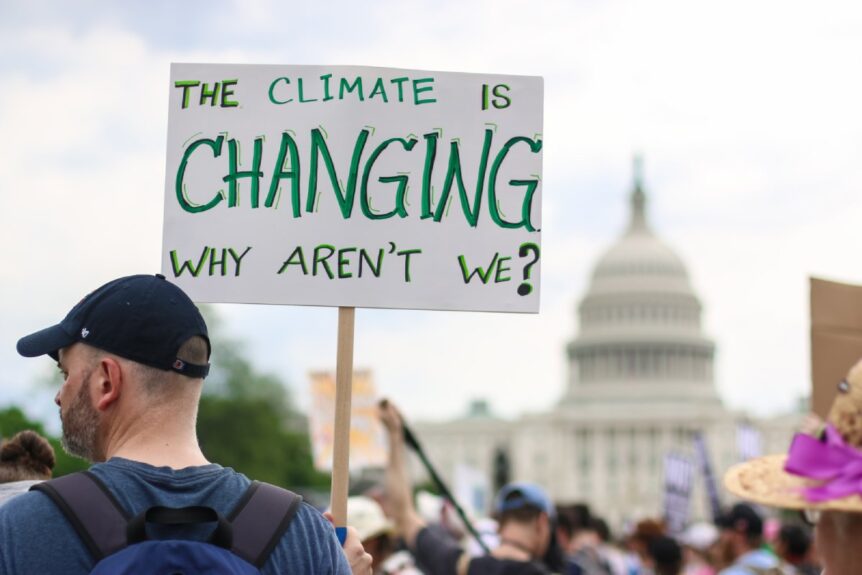Are we facing a heated future because of past mistakes? Here’s a look at where we specifically dropped the ball on climate change, complete with missteps in policy, key events, and missed opportunities.
1. Ignoring Early Warnings

Image Credit: Shutterstock / Thx4Stock team
Despite clear warnings from scientists like James Hansen, who testified before Congress in 1988 about global warming, policy actions have been lackluster. This early alarm was largely dismissed by decision-makers.
2. Political Polarization

Image Credit: Shutterstock / Dizfoto
Climate change discussions have devolved into a partisan issue, particularly visible during the Kyoto Protocol debates in the late 1990s. This has stymied comprehensive legislative efforts at a national level.
3. Overconsumption

Image Credit: Shutterstock / FotoDax
The American lifestyle, characterized by high car ownership and suburban living, has led to massive carbon footprints per capita, yet urban planning and national policies have barely addressed this issue.
4. Fossil Fuel Dependency
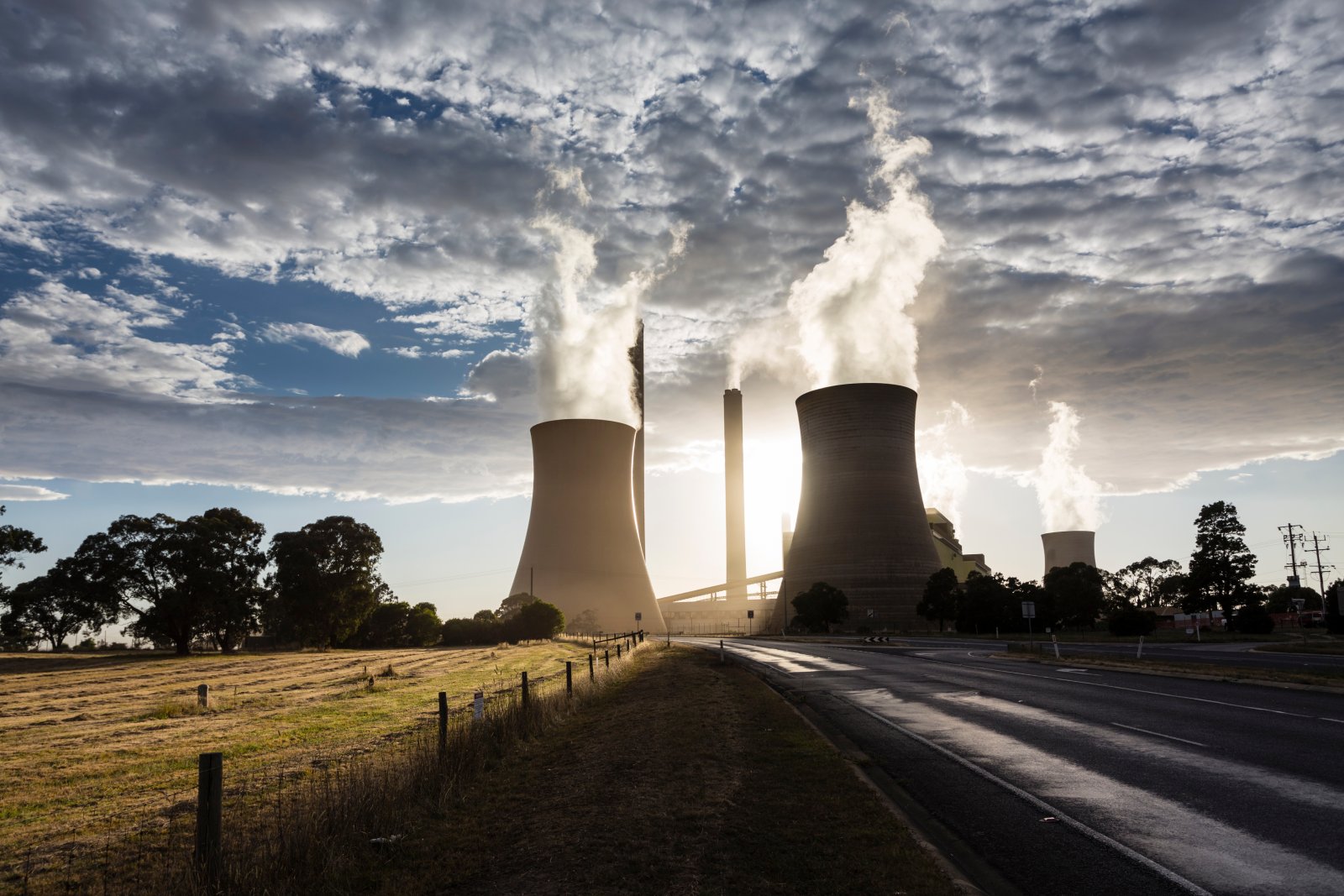
Image Credit: Shutterstock / I. Noyan Yilmaz
Legislation like the U.S. Energy Policy Act of 2005 emphasized fossil fuel development, undermining the growth of alternative energy sources and entrenching oil and coal in the U.S. energy mix.
5. Slow Adoption of Renewables

Image Credit: Shutterstock / kckate16
Incentives for renewable energy have been inconsistent, with significant pushback from the fossil fuel lobby. The slow federal response to subsidizing renewables like solar and wind has set back adoption rates.
6. Deforestation Madness

Image Credit: Shutterstock / Savo Ilic
Massive deforestation projects, supported by governments globally for agricultural expansion—especially in Brazil under leaders like Jair Bolsonaro—have exacerbated carbon release into the atmosphere.
7. Water Waste
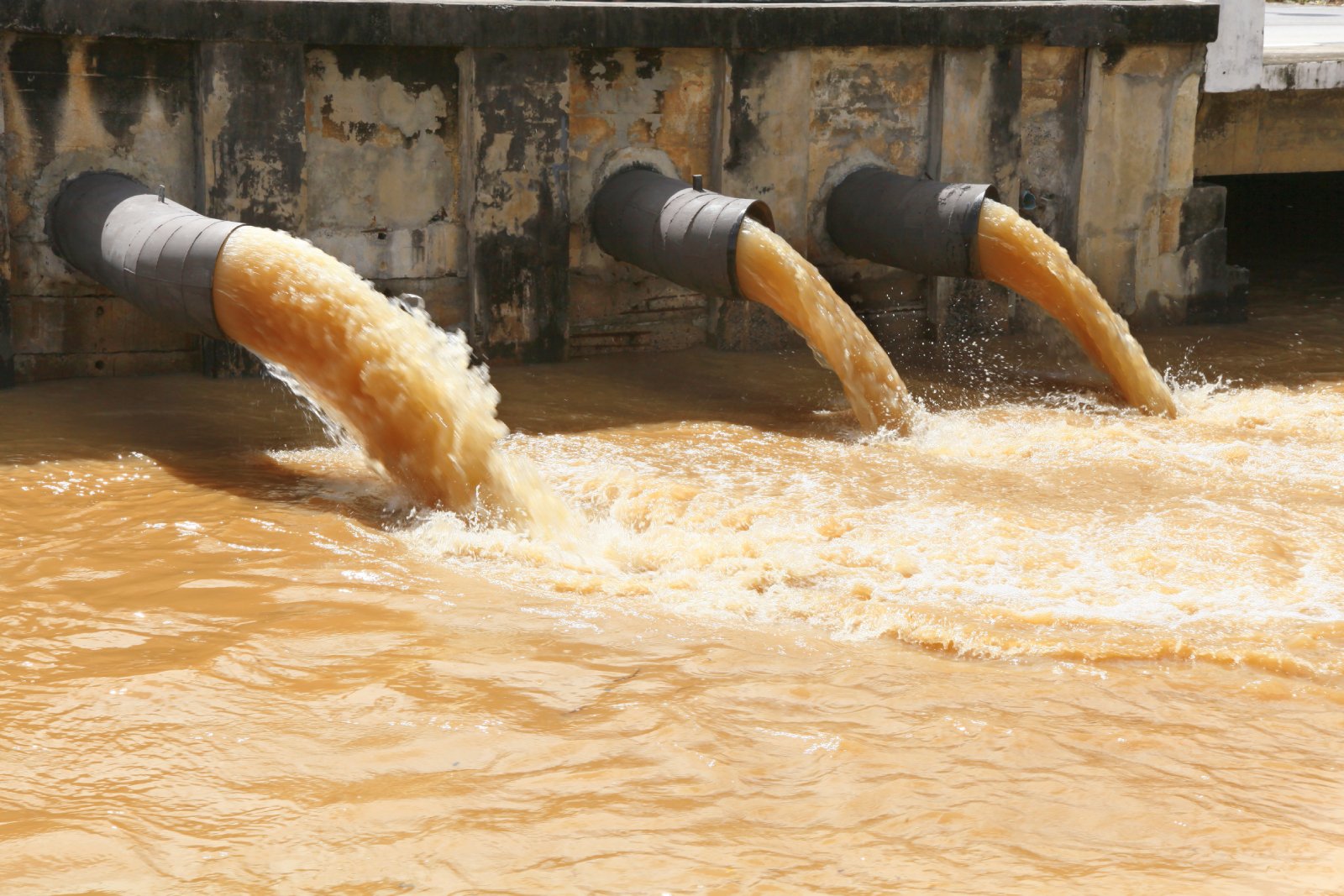
Image Credit: Shutterstock / pingphuket
In the U.S., policies on water usage remain lax compared to the stringent measures in countries like Israel. This has led to unsustainable water consumption patterns, especially in agriculture.
8. Urban Sprawl
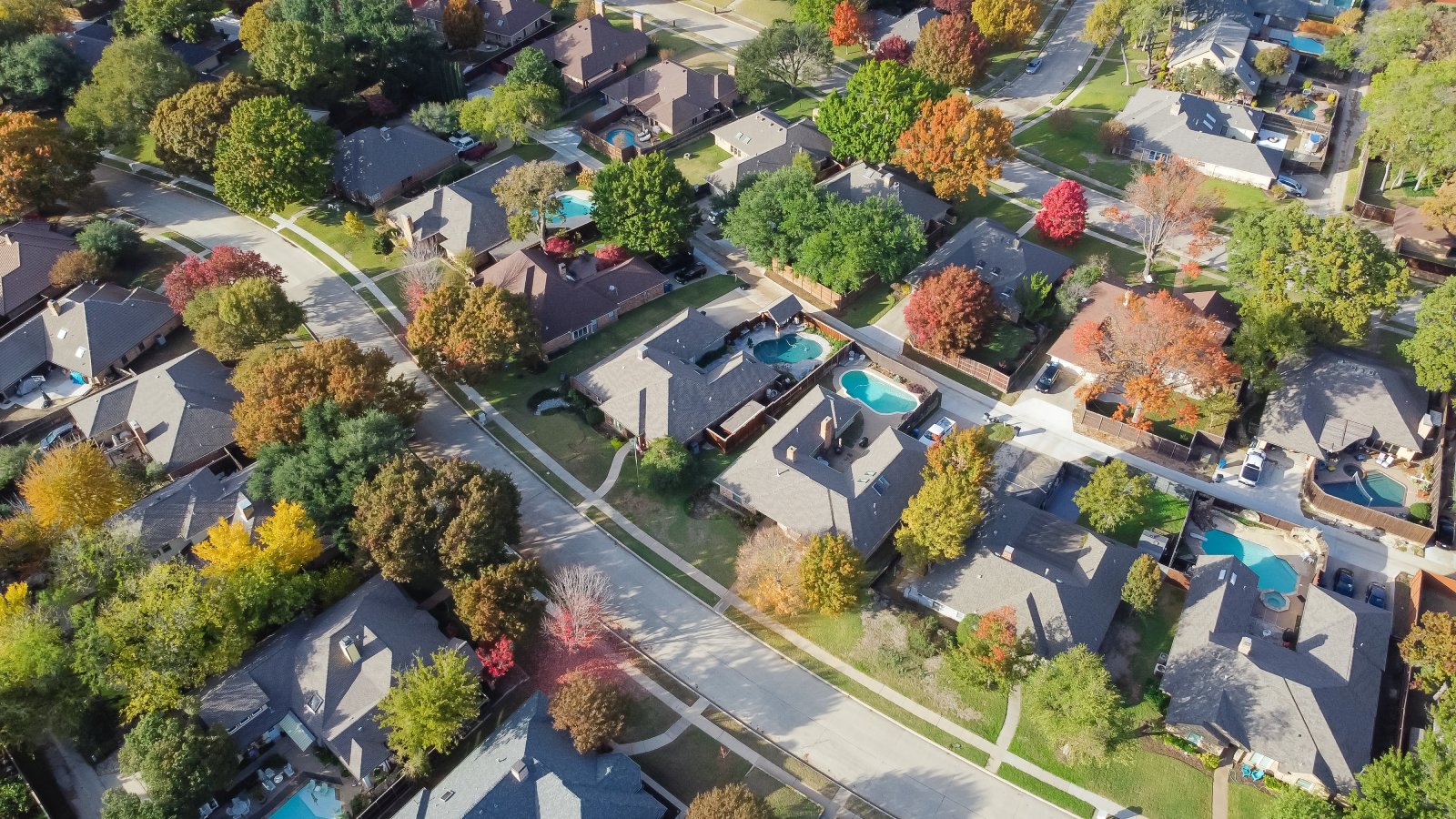
Image Credit: Shutterstock / Trong Nguyen
Federal and local policies have often favored expansion over sustainability, leading to urban sprawl especially evident in cities like Atlanta and Los Angeles, without considering environmental impacts.
9. Ignoring Indigenous Knowledge

Image Credit: Shutterstock / Barna Tanko
The dismissal of indigenous conservation practices in policy-making, particularly evident during the Dakota Access Pipeline protests, has overlooked sustainable land management techniques.
10. Mismanaged Agriculture

Image Credit: Shutterstock / Madison Kayz
The U.S. Farm Bill often promotes large-scale industrial farming over sustainable practices, contributing to soil depletion and high methane emissions from livestock.
11. Trash Overload
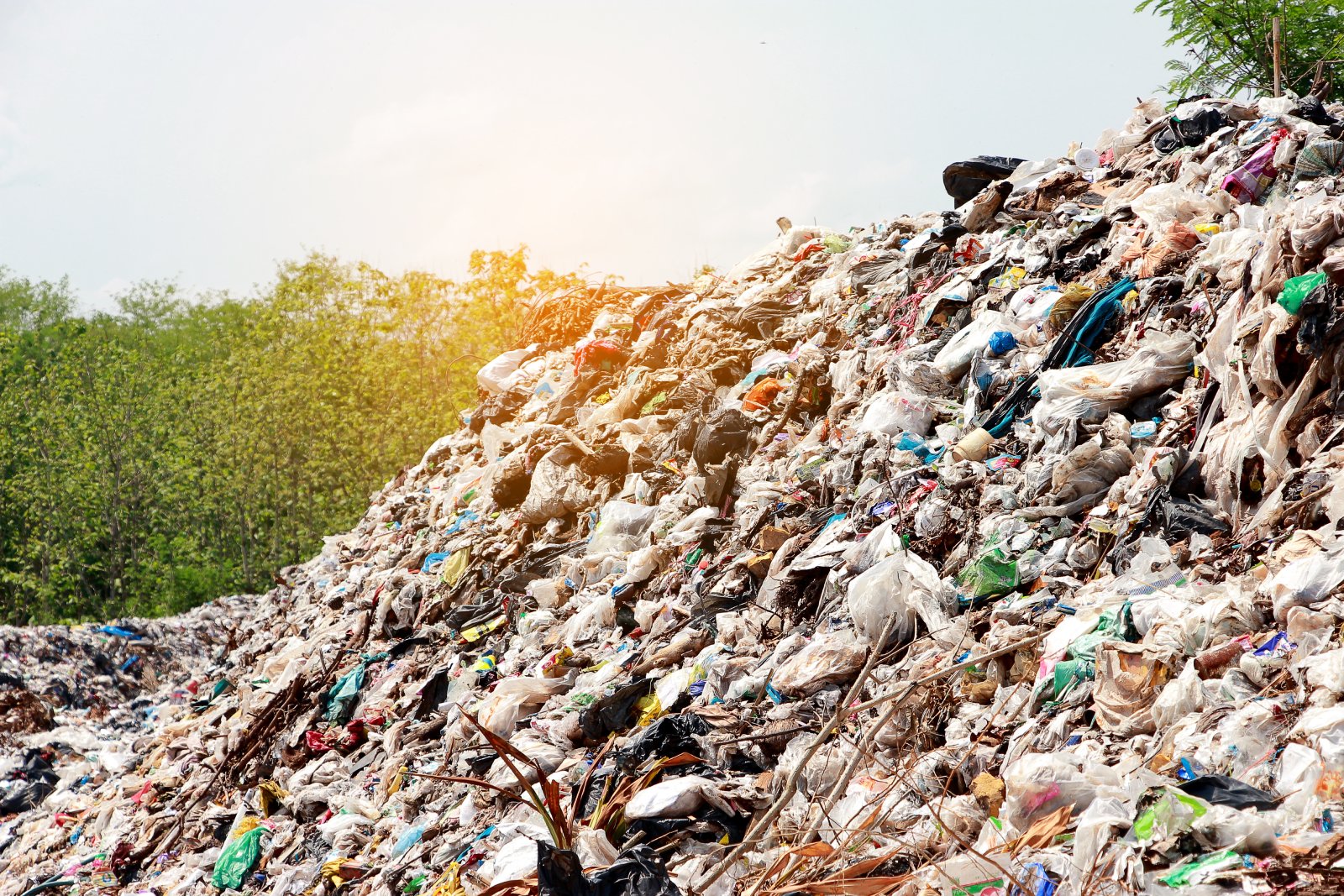
Image Credit: Shutterstock / Narin Nonthamand
Despite the rising tide of waste, the U.S. has no federal recycling policy akin to those in European Union countries, leading to inefficient waste management and overflowing landfills.
12. Plastic Pollution
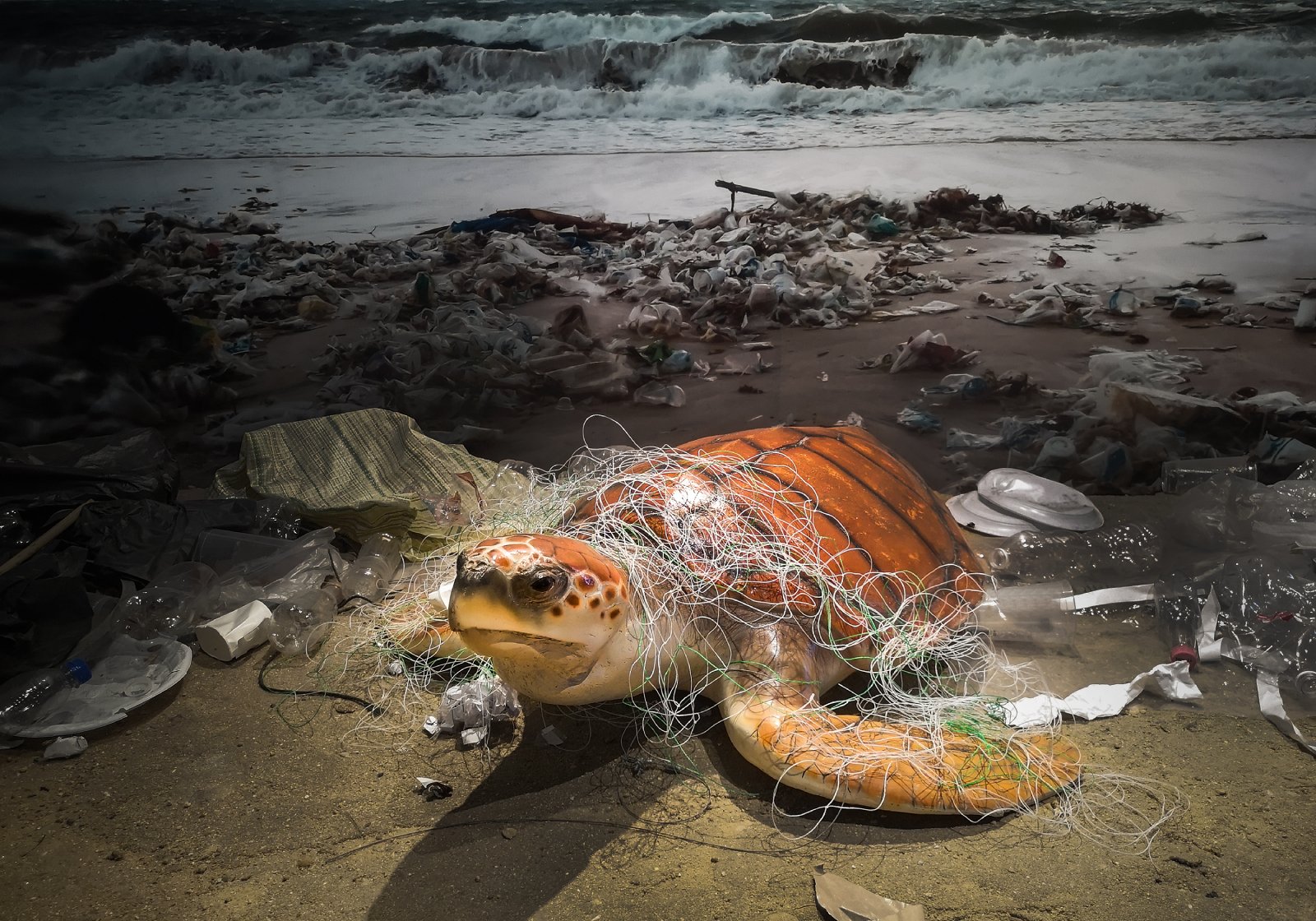
Image Credit: Shutterstock / Sukpaiboonwat
The U.S. has failed to join global agreements like the UN resolution to end plastic waste, contributing to continued plastic pollution especially in the oceans.
13. Inefficient Transportation

Image Credit: Shutterstock / Wachiwit
The U.S. transportation policy has long favored road-building over public transit. Efforts like the Obama administration’s push for fuel efficiency have faced rollback threats under subsequent administrations.
14. Flawed Energy Policies

Image Credit: Shutterstock / Kitreel
Subsidies for fossil fuels continue, even as renewable energy sectors struggle for consistent support, as seen in the fluctuating policies under different administrations.
15. Corporate Irresponsibility

Image Credit: Shutterstock / Salivanchuk Semen
Lax enforcement of environmental regulations under administrations like Trump’s has allowed corporations to dodge the full cost of their environmental impact, worsening pollution.
16. Lack of Education

Image Credit: Shutterstock / smolaw
Climate education in U.S. schools is patchy and often subject to local politics, reducing public understanding and engagement on climate issues.
17. Underestimating Methane
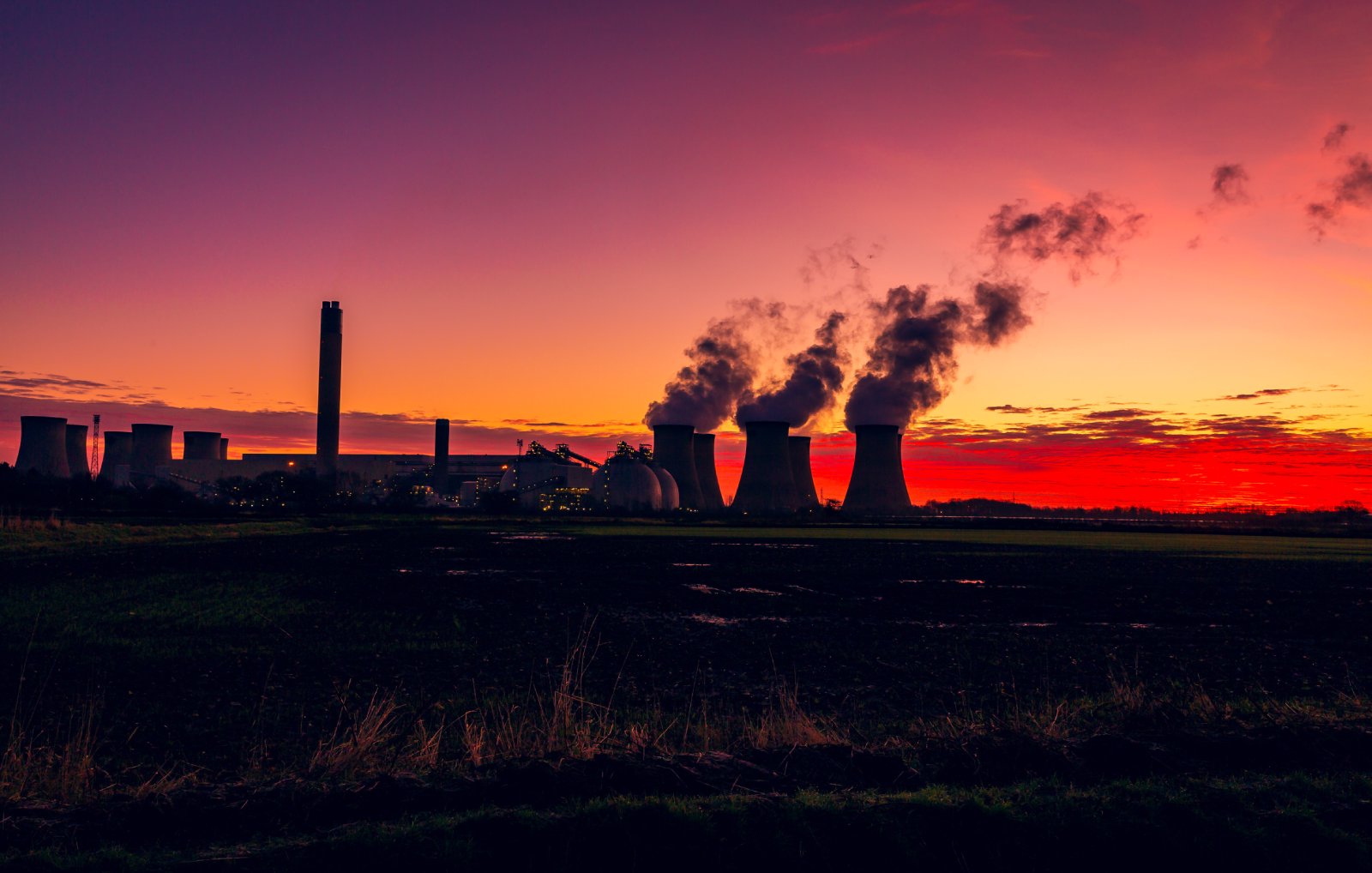
Image Credit: Shutterstock / Serenity Images23
Regulatory bodies like the EPA have been slow to address methane emissions, focusing instead predominantly on carbon dioxide, despite methane’s greater impact on global warming.
18. Inadequate Infrastructure
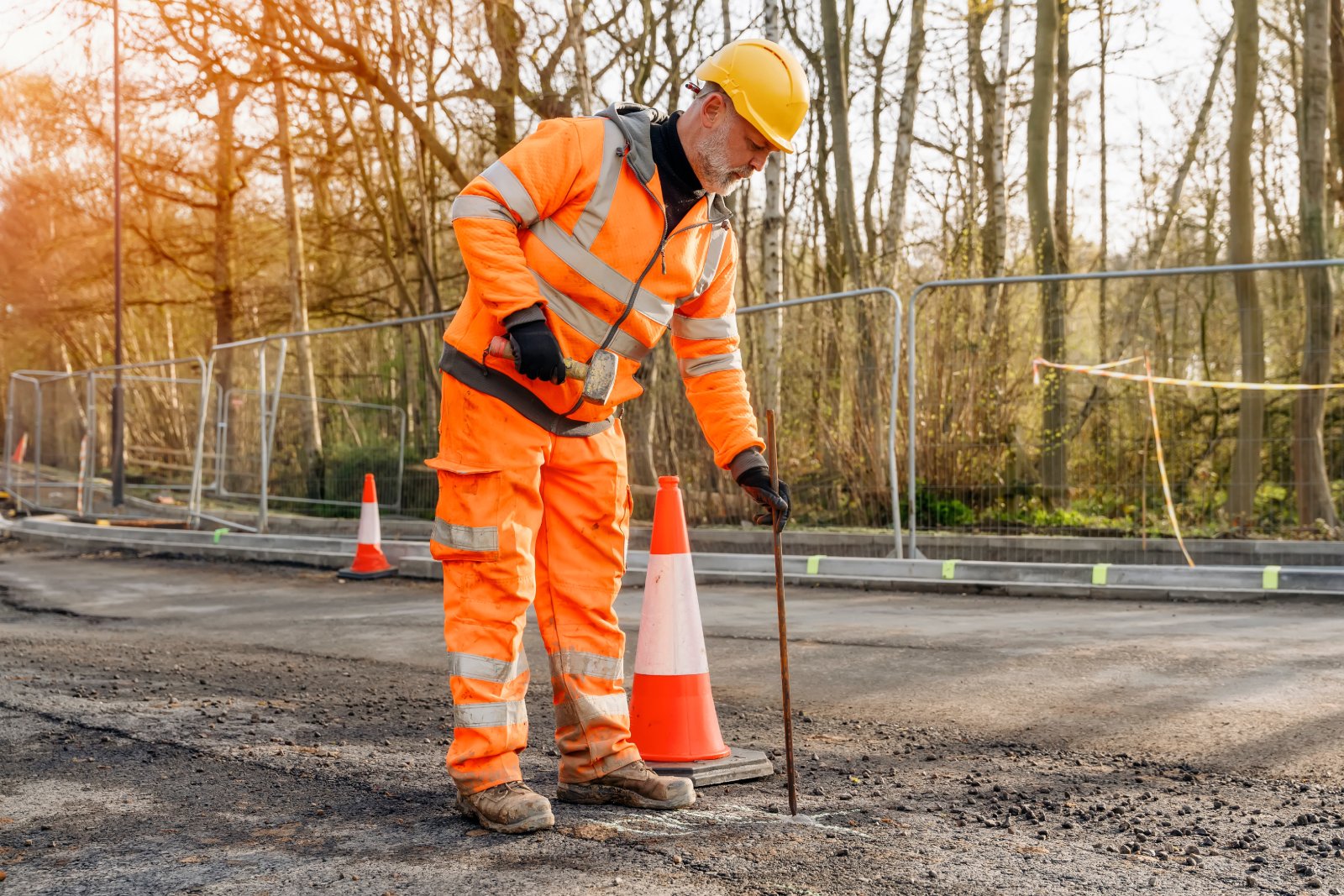
Image Credit: Shutterstock / Irene Miller
Infrastructure in the U.S. is often built without consideration for climate change resilience, leading to repeated damage and high costs from increasingly frequent natural disasters.
19. Short-Term Thinking

Image Credit: Shutterstock / SFIO CRACHO
Short-sighted policies focused on immediate economic gains have overshadowed longer-term sustainability goals, evident in repeated failures to pass comprehensive climate legislation.
20. Global Inequity

Image Credit: Shutterstock / Ysbrand Cosijn
The U.S. has often resisted binding global climate agreements that would require fair contributions based on historical emissions, exacerbating global inequities in climate vulnerability.
21. Denying Science

Image Credit: Shutterstock / Evan El-Amin
Prominent leaders like President Donald Trump have publicly denied climate change, influencing public opinion and policy and delaying action on urgent climate issues.
And Now, the Heat’s on Us
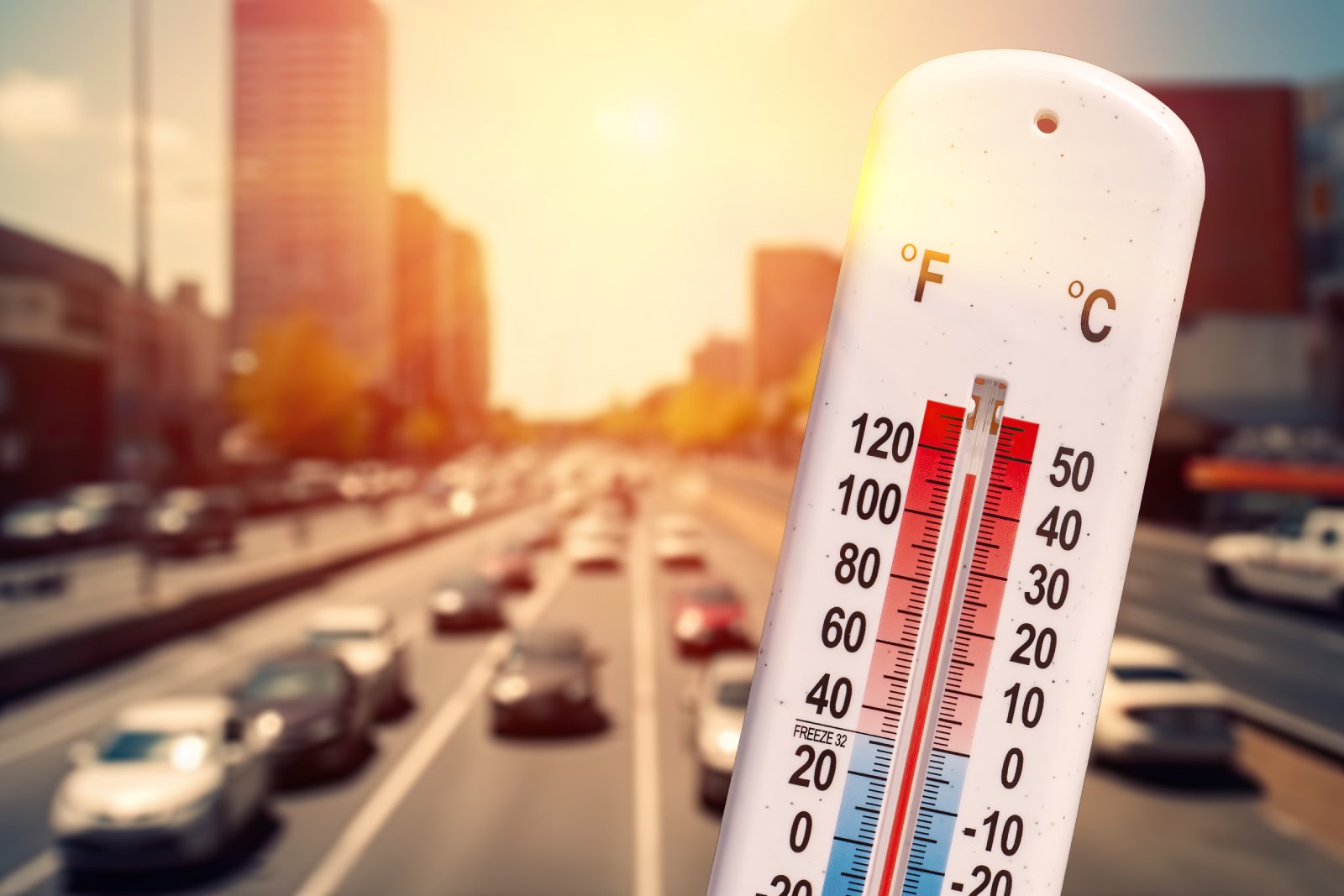
Image Credit: Shutterstock / Marc Bruxelle
We’ve cataloged a series of policy failures and missteps that have led us down a path toward a warmer, less stable planet. Will we change course in time, or keep turning up the thermostat? The ball is in our court to not only acknowledge these errors but to actively seek sustainable solutions.
Oil Dumping Scandal Rocks Ships Heading to New Orleans

Image Credit: Shutterstock / Aerial-motion
Two shipping companies have been fined after knowingly hiding a large oil spill in the Atlantic Ocean. Oil Dumping Scandal Rocks Ships Heading to New Orleans
20 Eye-Opening Realities Facing Retiring Baby Boomers

Image Credit: Shutterstock / Jack Frog
As Baby Boomers approach retirement, the promise of leisure and security often seems unattainable. This generation faces unique challenges that could redefine retirement. Here’s a stark look at the realities shaping their outlook. 20 Eye-Opening Realities Facing Retiring Baby Boomers
Retail Apocalypse: Massive Closures Sweep Across U.S. Brands

Image Credit: Shutterstock / Tada Images
Stores across the U.S. are closing at unprecedented levels, according to new research from advisory firm Coresight Research. Read on for more information about the impact this could have on you and your communities. Retail Apocalypse: Massive Closures Sweep Across U.S. Brands
Featured Image Credit: Shutterstock / Nicole Glass Photography.
For transparency, this content was partly developed with AI assistance and carefully curated by an experienced editor to be informative and ensure accuracy.

